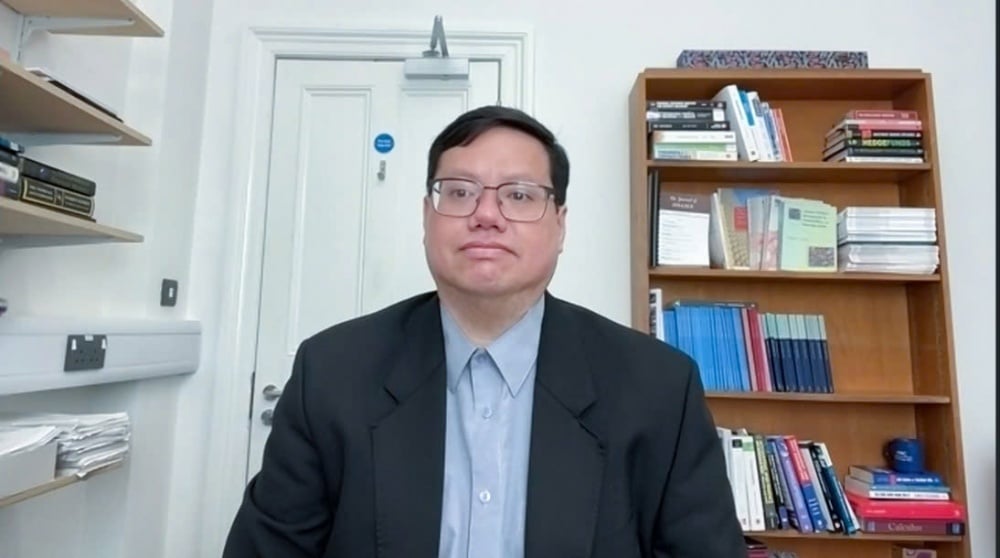 |
| Dr. Ho Quoc Tuan |
Global Market: Prolonged Instability, Vietnam Responds Appropriately
Dr. Ho Quoc Tuan commented that the reaction of VN-Index to the news of US tariffs was normal, not excessive. The tariff level exceeded the most pessimistic forecast (20-25%), causing a big surprise. After the US announced a 90-day tax suspension for negotiations, market sentiment gradually stabilized, with VN-Index recovering to green from April 10, 2025. The US market adjusted before Mr. Trump announced the tariff level, so Vietnam's reaction was in line with the global context. However, forecast instability still dominates the global financial market this year, as the US could introduce new tariff moves in just a few weeks.
Meanwhile, China has begun to devalue the yuan to support exports, turning tariff tensions into currency tensions, putting pressure on global exchange rates and monetary policies. This increases risks for emerging markets, including Vietnam. Before the trade war escalated, the World Bank and the IMF forecast global economic growth at 2.7-3.3%, with US GDP at 2.3-2.7% and China at 4.5-4.6%. However, when US-China tariffs explode, GDP growth in the world's two largest economies is at risk of falling, causing global GDP to fall by about 1%. Goldman Sachs' forecast shows that the probability of a US recession increased from 35% to 45% before the US postponed tariffs, showing the severity. Global stock markets will face these challenges throughout 2025, as large investment funds reduce their holdings of high-risk assets like stocks and shift to safe havens like gold.
According to Dr. Ho Quoc Tuan, the GDP growth rate of nearly 7% in the first quarter of 2025 is a bright spot, demonstrating the inherent strength of the Vietnamese economy in the context of global instability. However, Vietnam is facing three major uncertainties: US-China trade tensions affecting the origin of goods, disruptions in the global supply chain, and FDI flows causing multinational companies to reconsider their investment strategies. During previous trade war periods, Vietnam benefited from FDI flows shifting away from China, but now the situation is more unpredictable, requiring careful preparation for the worst-case scenarios.
It is hoped that Vietnam will reach a good trade agreement with the US to minimize the impact of tariffs, but Dr. Tuan emphasized that the Government and businesses need to proactively have adaptation plans. For example, Vietnam needs to adjust its public spending strategy to support economic growth. Administrative reforms, as outlined in Resolution No. 76/2025/UBTVQH15, which has just been issued, play an important role. This Resolution aims to reduce the number of commune-level administrative units by 60-70%, merge provinces to expand development space, and promote decentralization and delegation of power, helping to optimize resources, improve management efficiency, and support large-scale public investment projects. These reforms will strengthen economic strength, creating a foundation for sustainable growth...
Investment strategy: Flexible portfolio, taking advantage of economic strength
Investors should not focus on predicting how many points the VN-Index will rise, but rather on assessing the economic development prospects and the adaptability of businesses. The prospect of a market upgrade from FTSE Russell, scheduled for review in September 2025, is a positive factor, but the real impact will depend on the outcome of tariff negotiations and the stability of the Vietnamese economy.
We should not expect too much from international capital flows in the coming time, when foreign investors are re-evaluating Vietnam compared to other markets such as Japan, which has attracted attention thanks to its economic reform policies. Foreign investors are net sellers or do not buy much in Vietnam not because they have a bad assessment of the economy, but because they find more attractive opportunities elsewhere. However, Mr. Ho Quoc Tuan is optimistic about the potential of domestic capital flows, which have proven their strength in previous volatile periods. Although domestic individual investors are often apprehensive when they see foreign investors withdrawing capital, time will prove the stability of Vietnam's economy and the strength of good businesses. If the market is upgraded, foreign investors will have a more optimistic view and return to net buying, bringing new momentum to the VN-Index.
Investors should have a flexible approach, dividing their portfolio into three parts to balance risks and opportunities. The first part is long-term investment, focusing on sectors that benefit from Vietnam's economic growth, such as banking and essential consumer goods, which are able to maintain stable cash flows even in an unstable context. The second part is medium-term investment, within 1-2 years, targeting sectors with attractive valuations and strong growth potential, such as technology or infrastructure construction. The third part is short-term investment, taking advantage of sudden opportunities from economic or policy information, but with higher risks, although the potential profits are also greater. Investors should not focus on just one type of asset, but need to manage their portfolio effectively to adapt to unexpected fluctuations from the global market.
Source: https://thoibaonganhang.vn/chien-luoc-dau-tu-linh-hoat-vuot-qua-bat-on-toan-cau-162821.html


![[Photo] Nhan Dan Newspaper announces the project "Love Vietnam so much"](https://vstatic.vietnam.vn/vietnam/resource/IMAGE/2025/4/17/362f882012d3432783fc92fab1b3e980)
![[Photo] The beauty of Ho Chi Minh City - a modern "super city" after 50 years of liberation](https://vstatic.vietnam.vn/vietnam/resource/IMAGE/2025/4/18/81f27acd8889496990ec53efad1c5399)

![[Photo] Promoting friendship, solidarity and cooperation between the armies and people of the two countries](https://vstatic.vietnam.vn/vietnam/resource/IMAGE/2025/4/17/0c4d087864f14092aed77252590b6bae)
![[Photo] National Assembly Chairman Tran Thanh Man meets with outstanding workers in the oil and gas industry](https://vstatic.vietnam.vn/vietnam/resource/IMAGE/2025/4/17/1d0de4026b75434ab34279624db7ee4a)
![[Photo] Closing of the 4th Summit of the Partnership for Green Growth and the Global Goals](https://vstatic.vietnam.vn/vietnam/resource/IMAGE/2025/4/17/c0a0df9852c84e58be0a8b939189c85a)
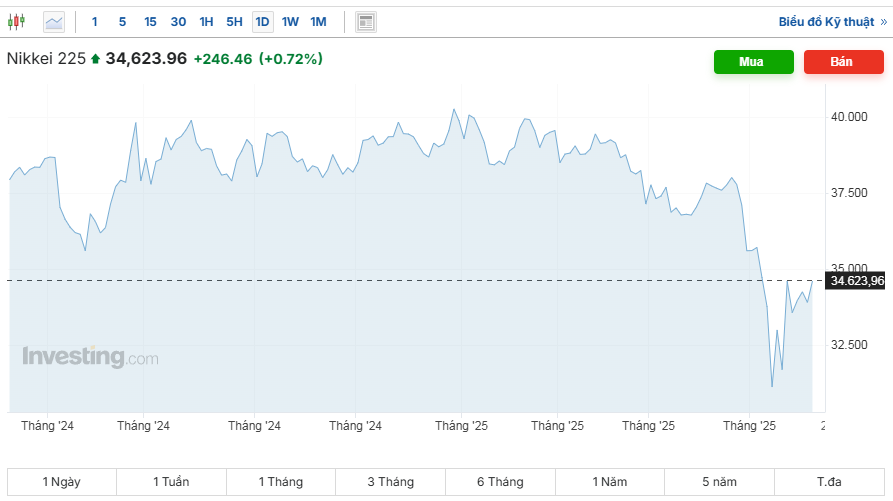
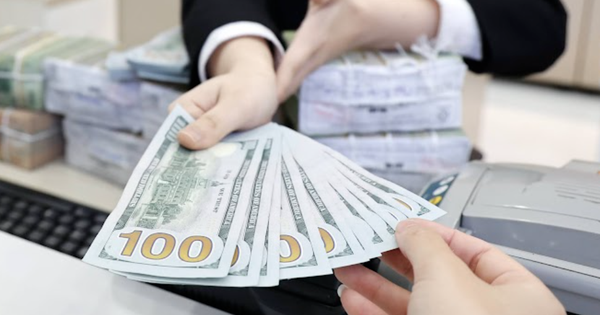

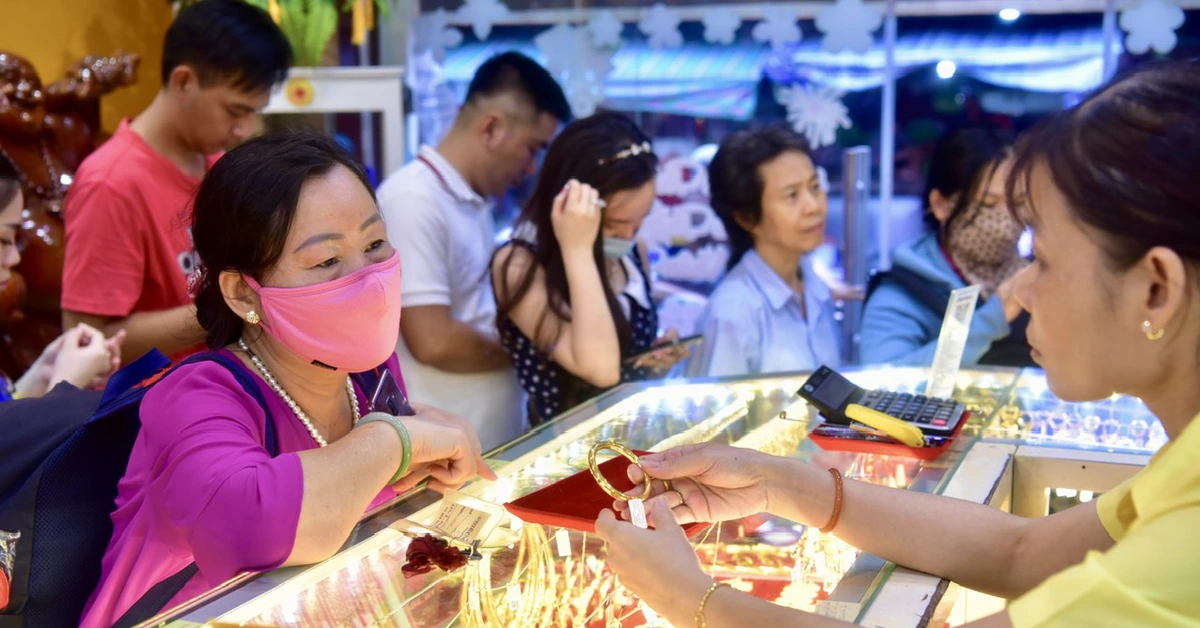
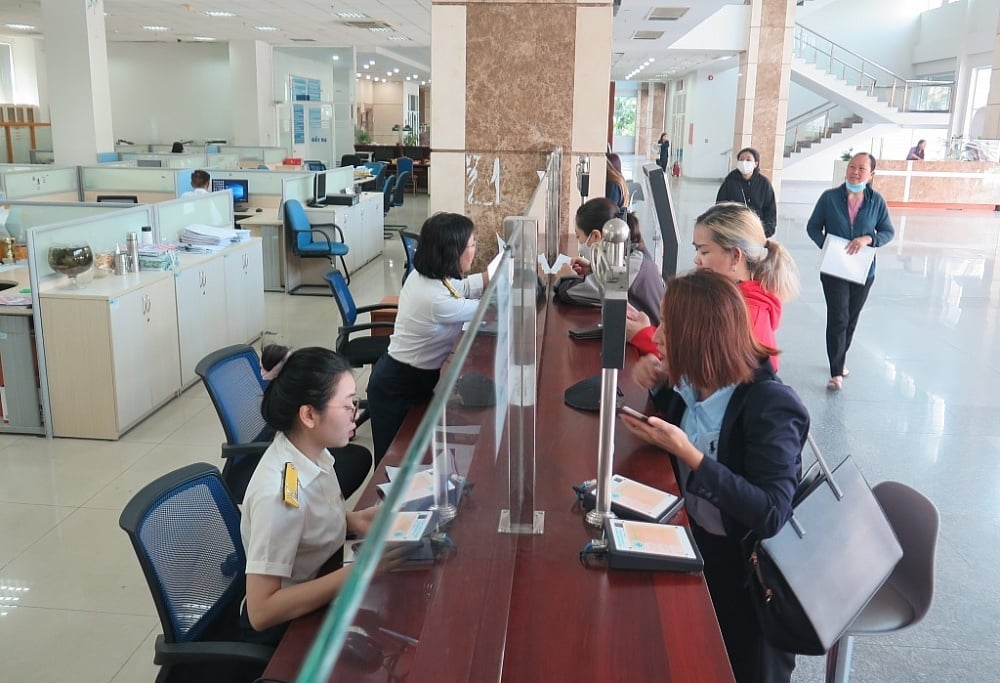
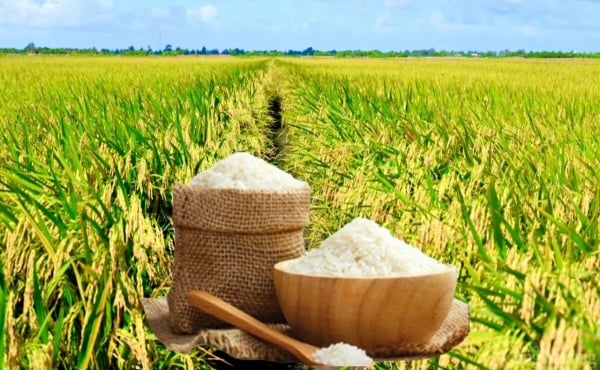




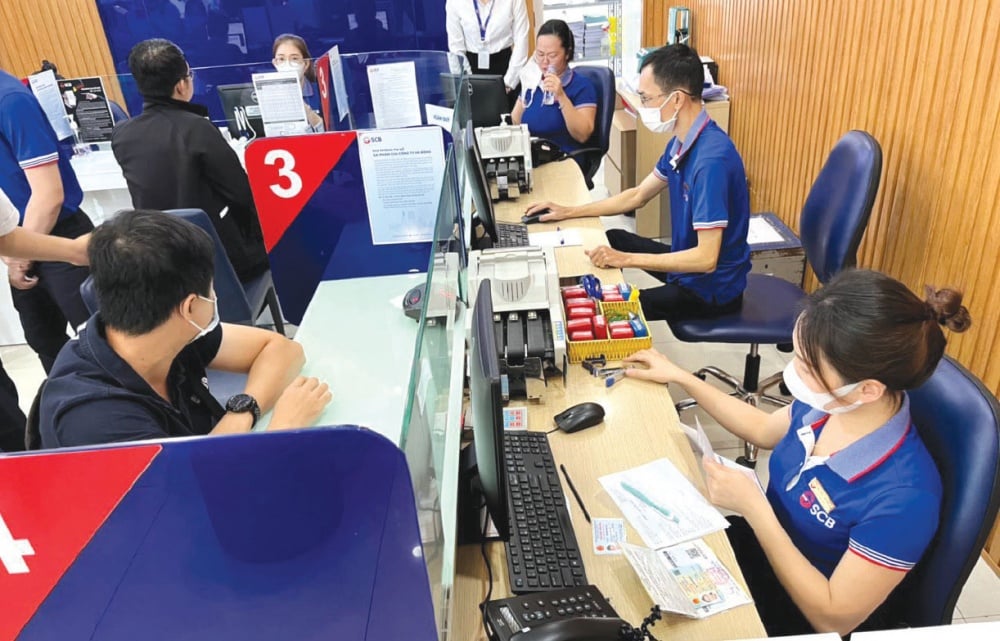
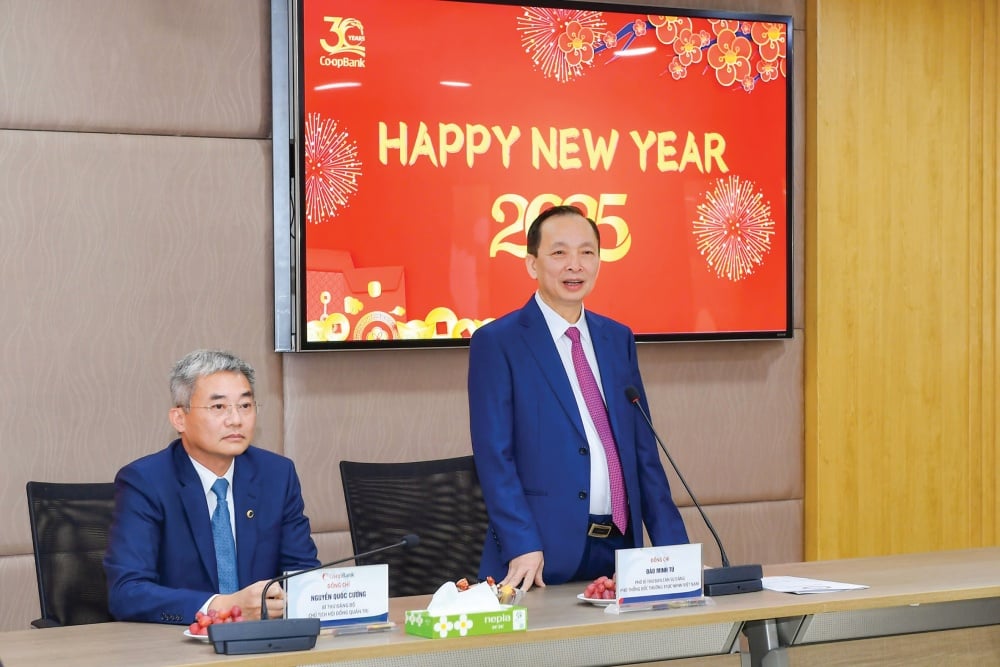


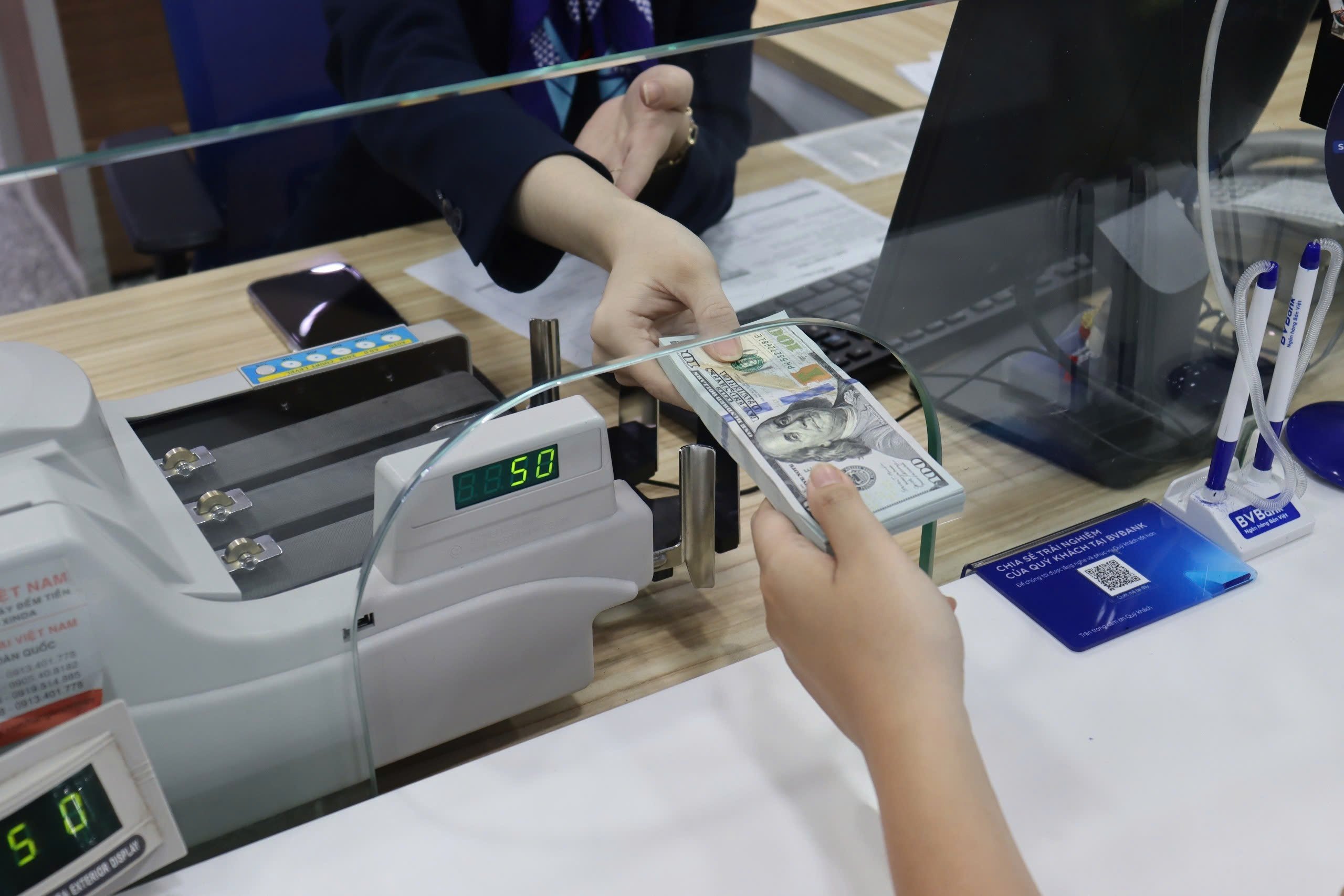
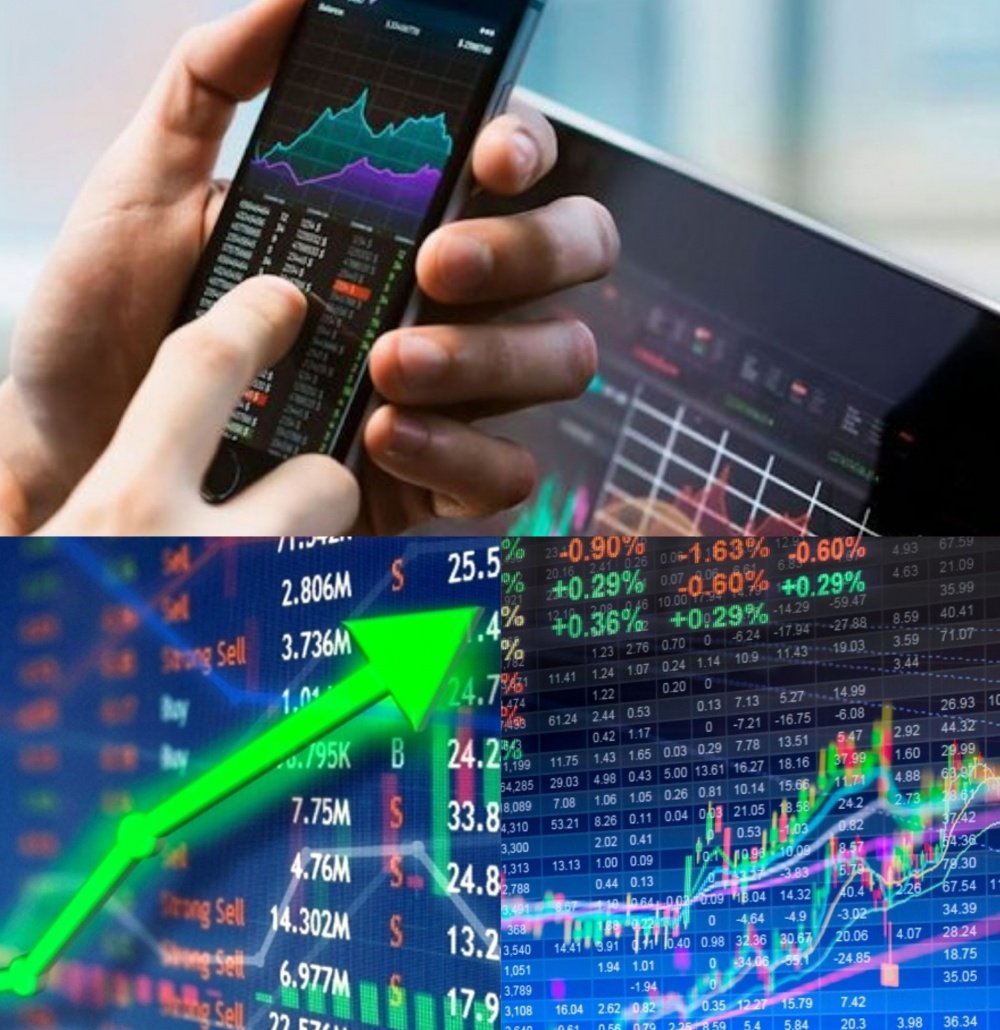
![[Photo] General Secretary To Lam receives CEO of Warburg Pincus Investment Fund (USA)](https://vstatic.vietnam.vn/vietnam/resource/IMAGE/2025/4/18/7cf9375299164ea1a7ee9dcb4b04166a)




























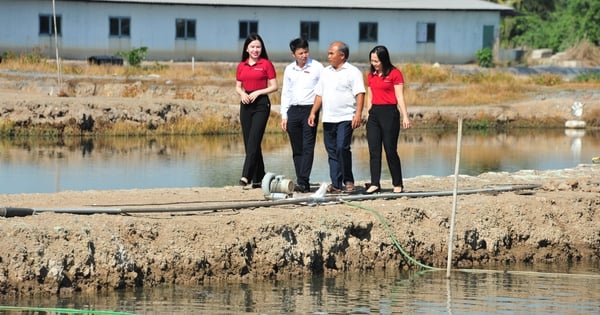



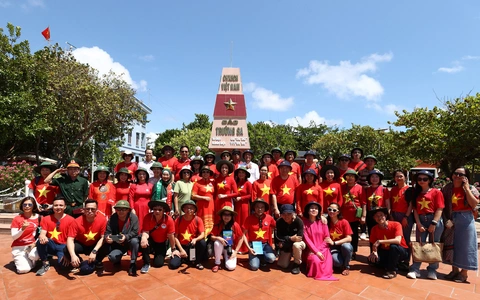

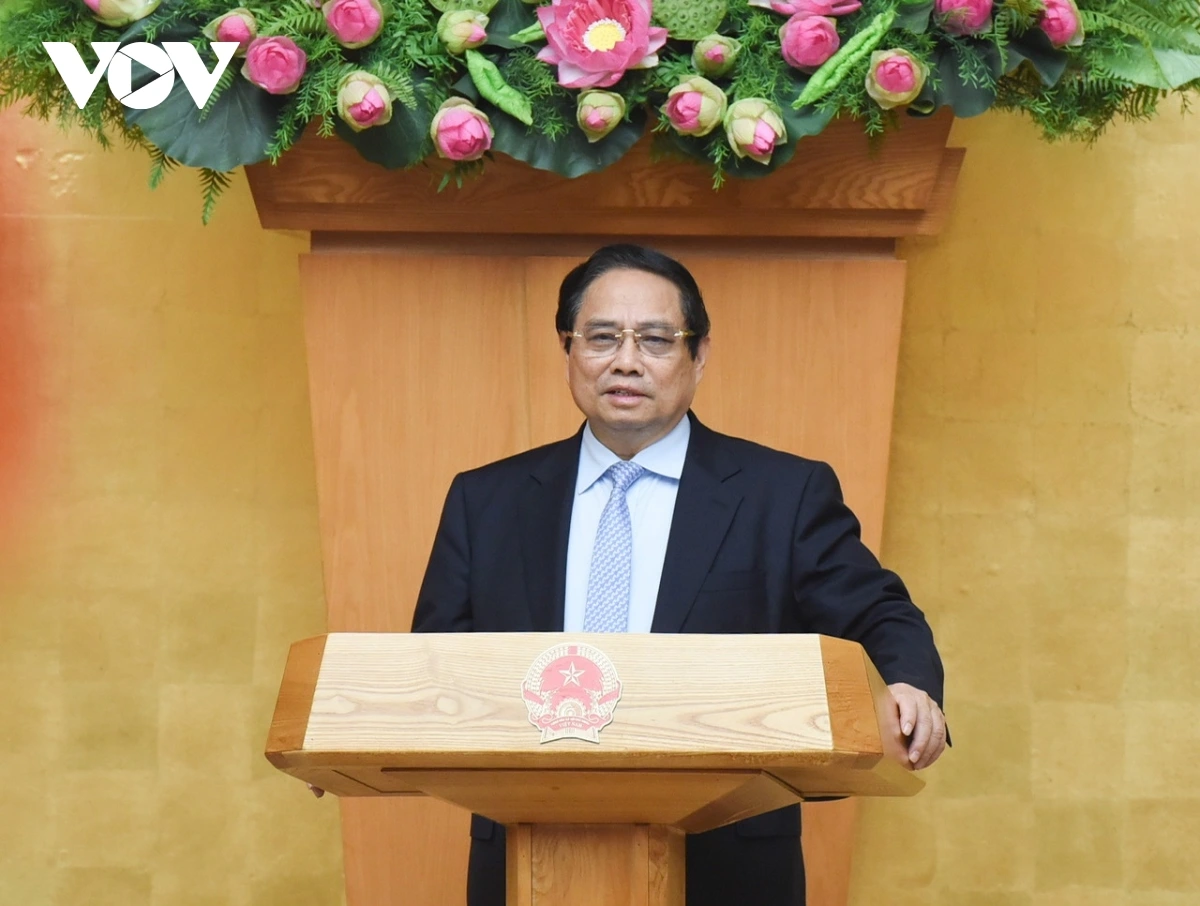




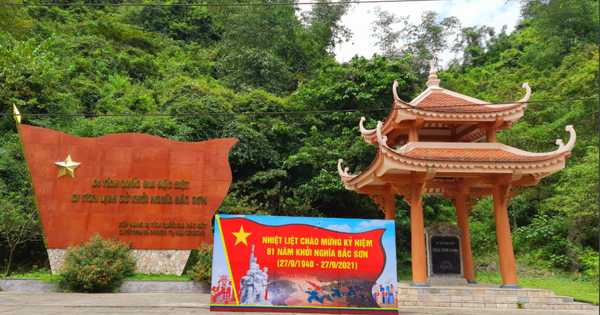

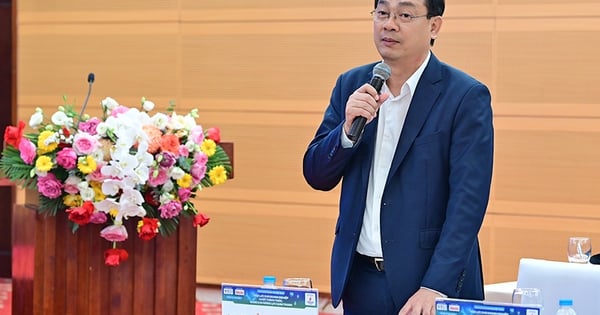
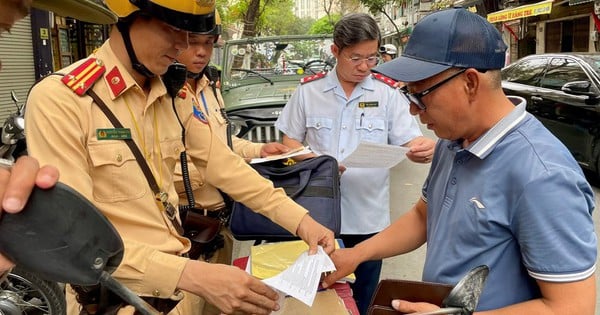

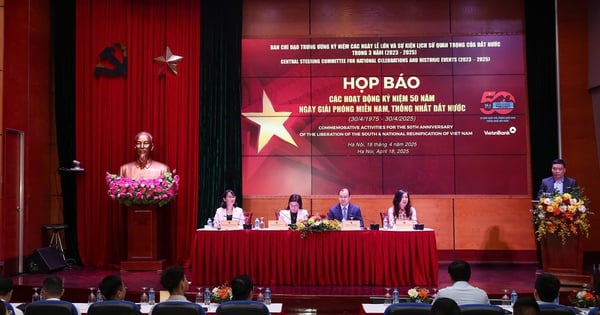

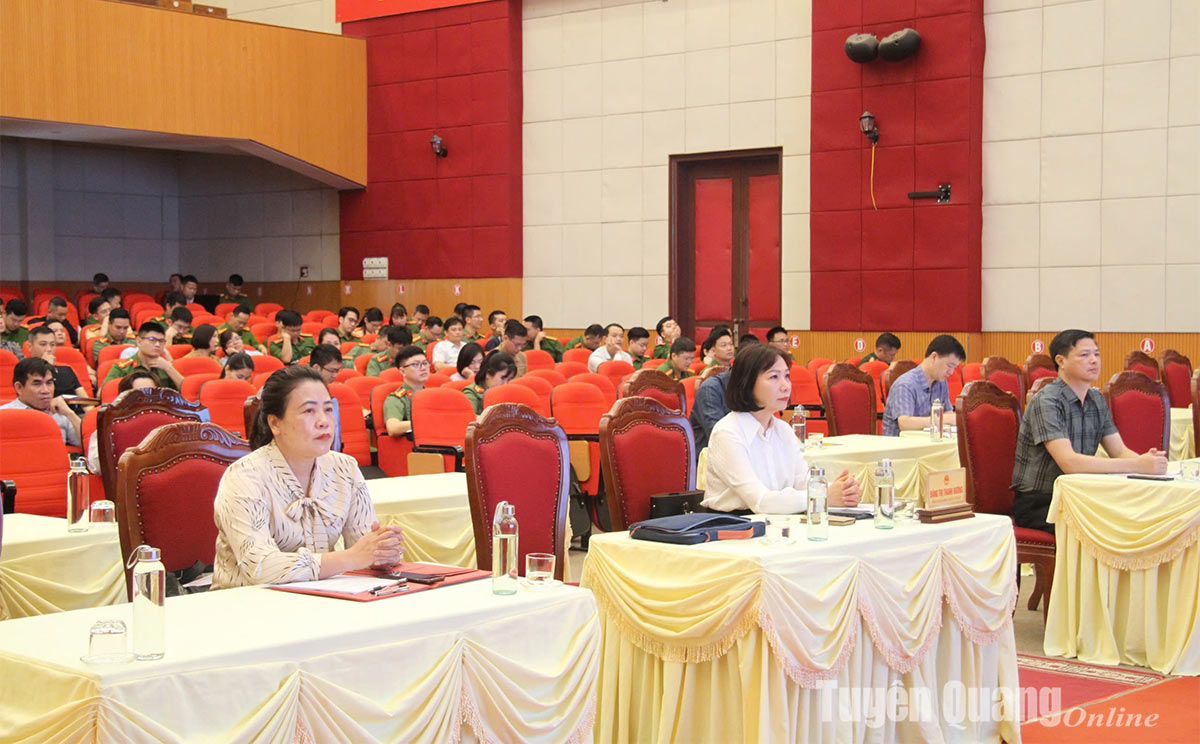

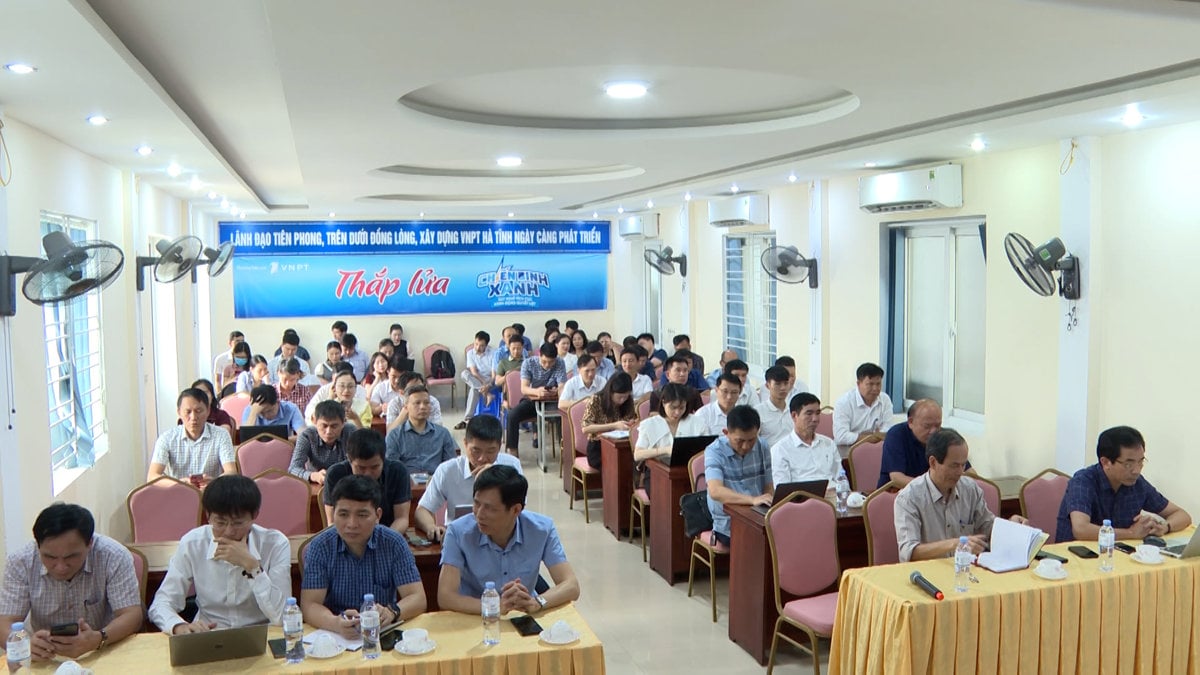

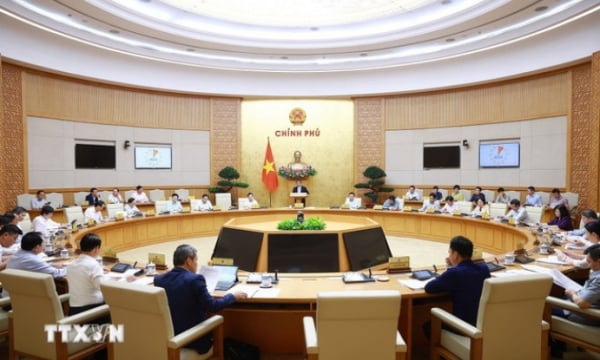


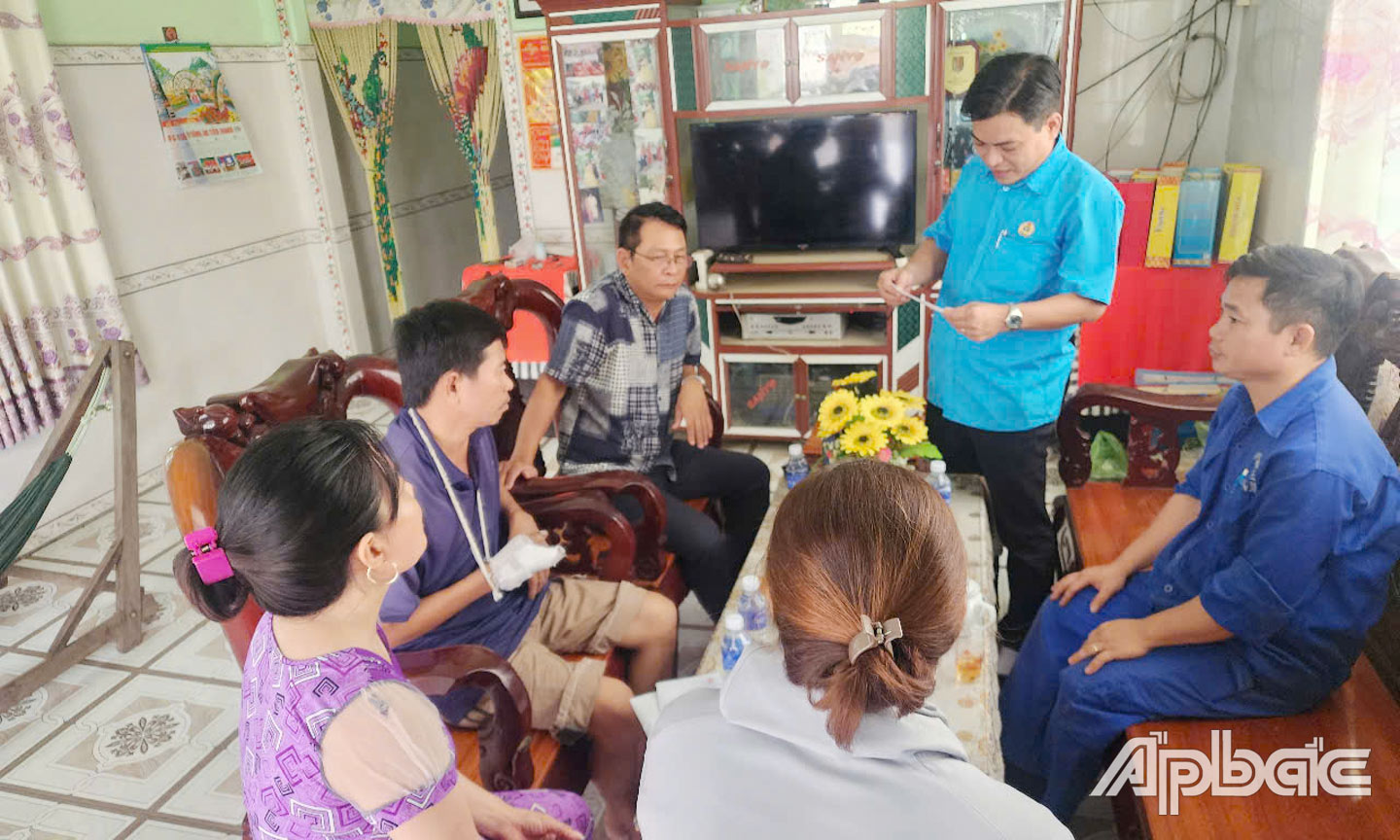

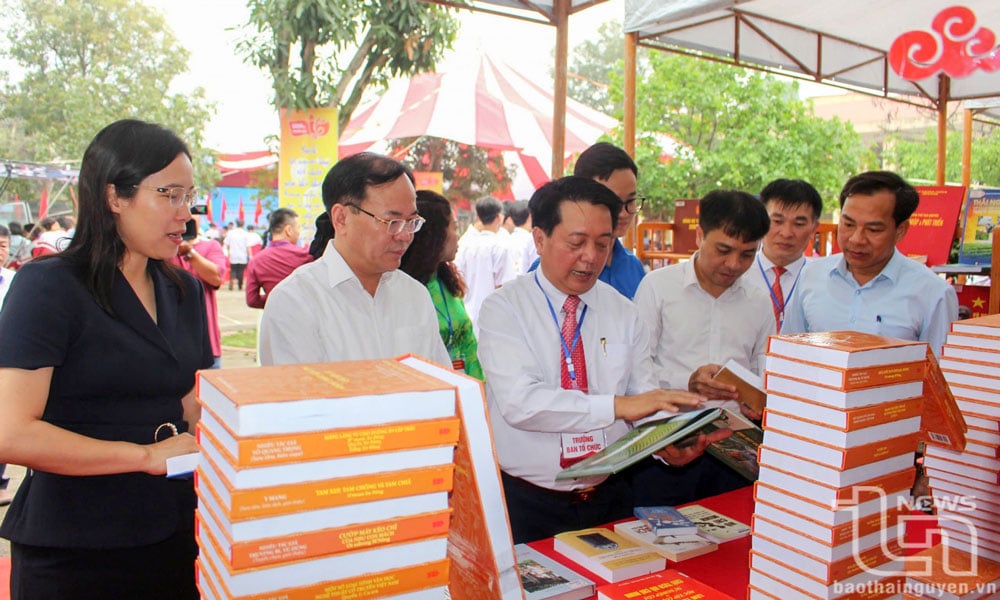












Comment (0)